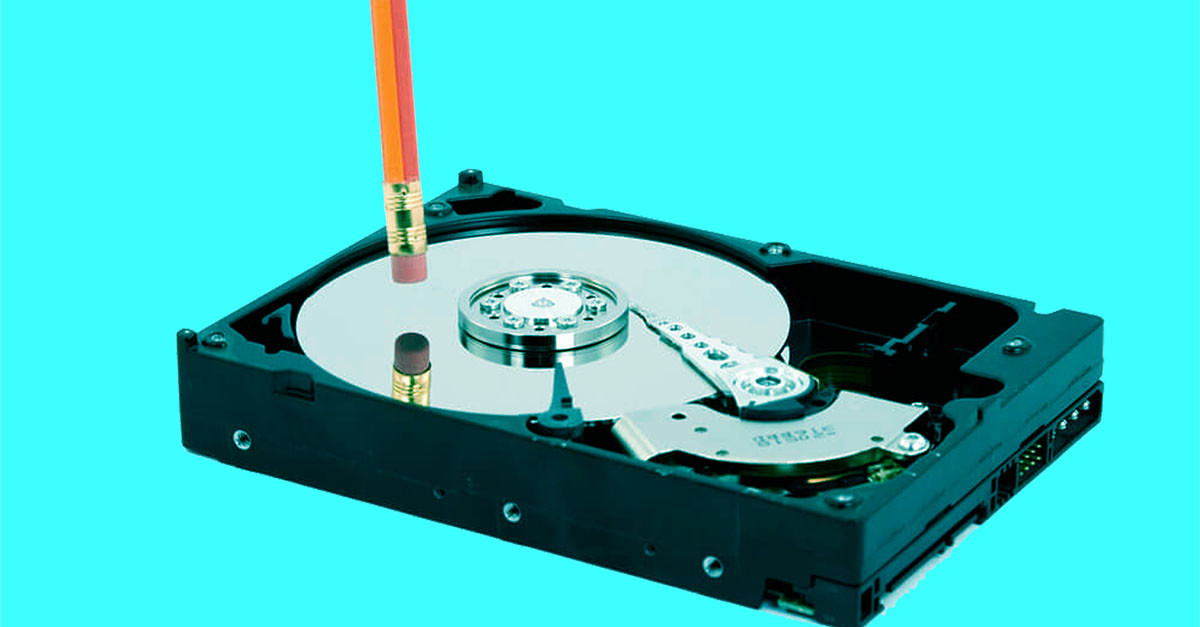Have you ever seen a hacker movie? When the other shoe drops, you can see the black hat scrambling for their computer, tearing out their hard drives and trying to erase them. They may even run neodymium magnets over them and then finish the job by driving an electric drill directly through the platters of the drives. Alternatively, they just smash it with a hammer and hope for the best.
Rest assured, you really do not have to go about smashing your hard drives left and right, but you should always ensure the security and privacy of your data under all circumstances – a point made even clearer by a recent study.
Commissioned by Comparitech and conducted by the University of Hertfordshire, the study sought to find out how thorough we are when it comes to wiping our hard drives before we sell them. Turns out, many of us are not very thorough. Or at all.
The researchers performed a series of tests on a sample of 200 second-hand hard drives that had been bought off online marketplaces and various merchants. They found that almost 60% of these hard drives still contained some information stored on them by the former owners.
The leftover information included sensitive data that could be exploited by bad actors. The data ranged from official documents such as scans of passports and driver licenses, through bank statements and tax documents to visa applications and even photos of an intimate nature. The list of documents uncovered on these hard drives is much more varied, but this is just to illustrate how much sensitive data you may store on your hard drives, and without giving it much thought.
On the other hand, although it may look like the owners are indifferent towards securing their data, the study shows otherwise. The former owners did try to wipe their data, they just failed to do so securely. Only 26% of the drives were wiped properly and no data could be recovered from them, while another 16% were not accessible and could not be read. As for the rest, the data could be recovered with varying degrees of difficulty. Worryingly, one in six people made no attempt whatsoever to wipe the data.
A similar study was conducted in 2007. Back then, the amount of recoverable data from second-hand HDDs was significantly lower. What’s more, in the older study a considerable number of the drives ended up being unreadable. Observing this rising trend of data being easily recoverable from second-hand drives, sellers should be more careful.
You can always take preventive measures, with the simplest being encrypting your hard drive so you can rest easy if you ever lose it. When it comes to wiping the hard drive you want to sell, you can check the website of your hard drive’s manufacturer that should contain tools to help you manage the wiping process properly. Before you proceed, however, make sure you have backed up all the data you want to keep.
Earlier this year, researchers from the University of Hertfordshire arrived at not-too-dissimilar findings in a study that focused on second-hand thumb drives.





